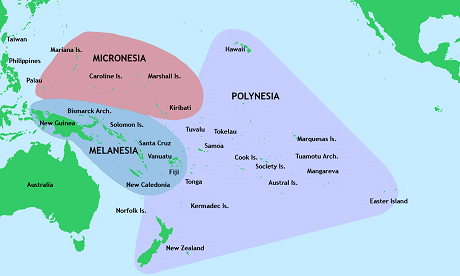Caritas says Pacific nations’ voices should be heard at COP28 – the 2028 United Nations Climate Change Conference of the Parties (COP).
The conference aims to agree on goals and negotiate agreements in the fight against climate change.
The Caritas submission
In preparation for this year’s event, COP28 in Dubai, Caritas Aotearoa-New Zealand made a detailed submission to the New Zealand government.
The government had opened a consultation process as to how Aotearoa should approach the negotiations and which policies we should advocate for.
“A major focus of our submission … was on building better outcomes for the Pacific …”
These include better targeted climate finance to Pacific Island countries and a just transition to a fossil fuel-free Pacific.
Advocating for Pacific Islands Forum priorities like the 2050 Strategy for the Blue Pacific Continent is also important.
“Our prioritisation of the Pacific is grounded in Catholic social teaching principles,” Caritas says.
Caritas believes everyone’s contribution should be heard.
“Pacific Island countries are some of the most deeply affected by climate change and have unique voices and moral authority on climate action,” Caritas says.
Barriers
There are various barriers to the Pacific nations’ voices being heard however. Distance to the COP forums, costs, and having colonial powers speaking for them are among the barriers muffling their unique contributions.
“The principle of distributive justice teaches that resources should be allocated to those who need them, rather than being exploited by the few,” Caritas says.
“Pacific Island countries are in the most urgent and severe need of climate finance as they face the immediate impacts of climate change on their societies, but are also some of the least likely to receive the funding they need…
“Without adequate climate finance, Pacific countries face the threat of both environmental devastation and accompanying debt crises.”
Caritas also pointed out Pacific Island nations have some of the lowest carbon footprints in the world, especially compared to Aotearoa’s high emissions per capita.
We have a responsibility to ensure resources are justly distributed to where they are most needed, Caritas says.
Care for our common home
The Pacific Ocean, te Moana Nui a Kiwa, is our common home in Oceania Caritas says.
Yet foreign powers seek to exploit it with little regard for its environment or people. Nuclear testing and seabed mining in the Pacific are obvious examples of this.
“Our principle of subsidiarity teaches that decisions should be made at the most appropriate level, generally by people they directly affect.
Statements and strategies like the Pacific Blue Line, Treaty of Rarotonga for a nuclear-free South Pacific, Port Vila’s call for a just transition to a fossil fuel-free Pacific, and the 2050 Strategy for the Blue Pacific Continent show Pacific resolve and commitment to protecting the environment.
“We should heed these calls and support the people of the Pacific to have the final say over their own futures,” Caritas insists.
This support is especially needed “in global platforms such as COP28 where we have the opportunity to stand in solidarity with them, in line with our Catholic social teaching principles.”
Source
Additional readingNews category: New Zealand.




